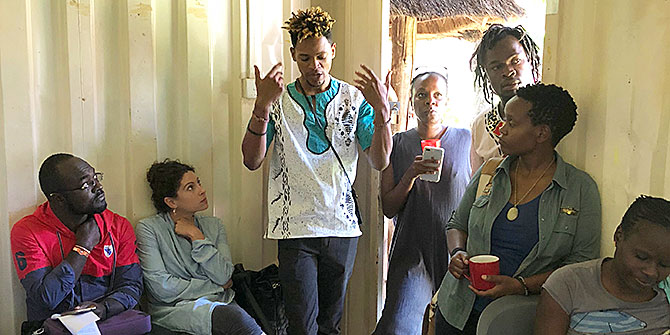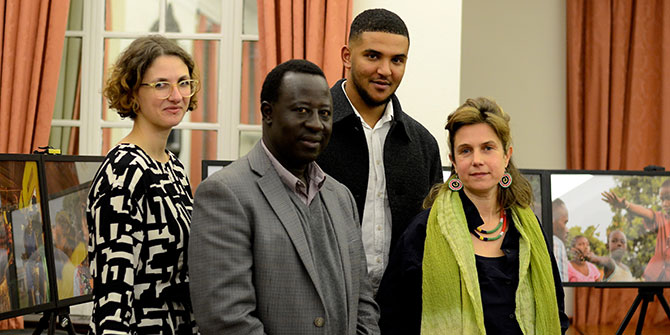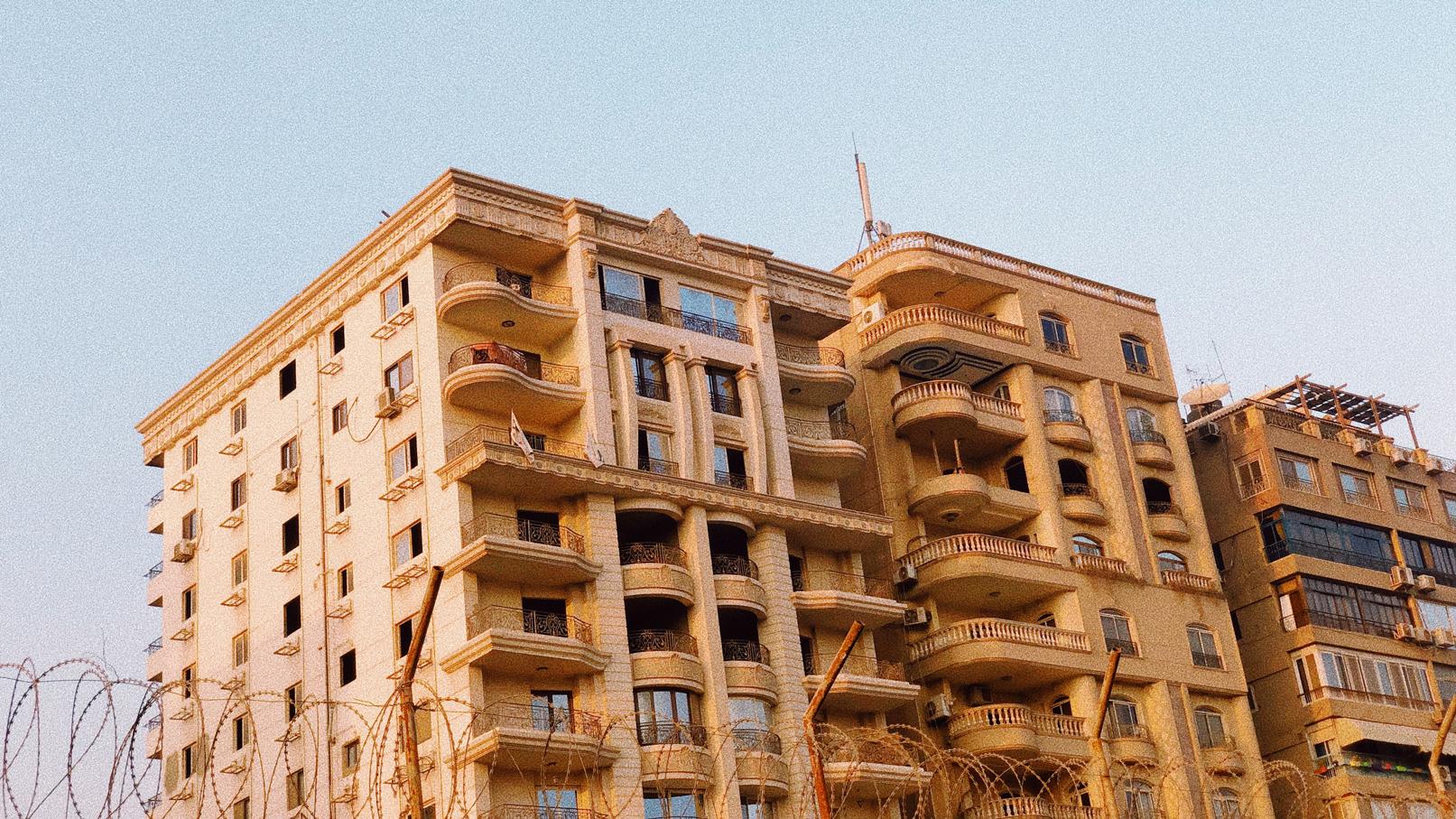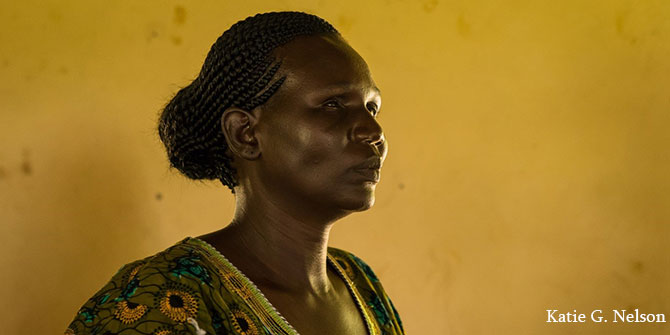As the AHRC-ESRC PaCCs-funded Politics of Return series is launched, Professor Tim Allen and Dr Anna Macdonald discuss why it is more important than ever to investigate the dynamics of return and reintegration in Central and Eastern Africa.
This article is part of our Politics of Return series, an AHRC/ESRC PaCCs-funded project which explores the dynamics of return and reintegration of refugees in Central and Eastern Africa. Follow all updates on the project on Twitter and Instagram through the hashtag #LSEreturn.
While some argue that war in the twenty first century is on the decline, others point out that it has merely taken on new forms. In 2015 the United Nations Refugee agency (UNHCR) reported that world-wide displacement hit an ‘all time high’ as conflict-related violence and persecution increase and threat environments become more diffuse and complicated. A year later the UNHCR warned that this number ‘continued to soar’ and the displacement crisis was characterised by a ‘complexity rarely seen before’. Quite shockingly, it has been calculated that today, one in every 122 people is either a refugee, displaced or seeing asylum. Across huge swathes of the globe, people are uprooted as they try to negotiate profoundly difficult conflict circumstances, involving not only state armies, but non-state armed groups, criminal gangs, drug traffickers and jihadists. To make matters more difficult, individuals often occupy ambiguous victim-perpetrator statuses, moving between combatant and civilian roles, either through coercion or through choice.
In the media it is the migrant crisis in Europe that attracts headlines, yet the vast majority of today’s refugees, some 86 per cent, live in developing countries. The Secretary General of the Norwegian Refugee Council, Jan Egeland, recently pointed out that ‘more refugees sought safety in Uganda per day in 2016, than many wealthy European countries received the entire year’. There is much talk of the need for ‘durable solutions’ to forced displacement in this context. The UN Sustainable Development Goals (SDGs) underline the right of refugees and displaced persons to return to their country of citizenship and the UNHCR notes that in Africa, and elsewhere, going home is the ‘durable solution of choice’. At the same time, it is recognised that ‘return and reintegration is not a simple reversal of displacement, but a dynamic process involving individuals, households and communities that have changed as a result of their experiences’.
Our new research project, funded by an AHRC/ESRC Partnership for Conflict, Crime and Security Research award, aims to fill a large gap in current knowledge on the ‘life-cycle’ of conflict dynamics through an interdisciplinary study of ‘return’ in Central and East Africa. With a particular focus on Central African Republic (CAR), Democratic Republic of Congo (DRC), South Sudan and northern Uganda, we want to know what happens when refugees and displaced persons ‘go home’. By analysing how refugees, internally-displaced persons and former combatants negotiate and experience ‘return’ we will explore how viable ways of life are constituted post-return, either under the auspices of international intervention or through other means. Little is known, for example, about the longer term return dynamics of former combatants. The limited amount of research that has been carried out to date describes the risks faced, and threats posed, by returning populations. In particular, it highlights the likelihood of returned populations not actually settling in their former places of residence, and continuing to be caught up in armed conflict.
In the policy literature, and indeed much of the academic literature, the kinds of matters associated with population return tend to be addressed through standardised or semi-standardised paradigms such as ‘disarmament, demobilization and reintegration’ (DDR), ‘transitional justice’ (TJ) and ‘psycho-social support’ (PSS). These normalised processes are often included in UN and donor peacebuilding packages and attract considerable external funding despite a lack of evidence as to their actual impact. Evidence of what is happening on the ground can be hard to discern, and then it comes as a surprise when populations start to move again, or veterans of one violent group become new recruits of another.

Photo Credit: European Commission DG Echo via Flickr CC BY-ND 2.0
The Politics of Return project will draw on participatory and ethnographic methods drawn from multiple disciplines including history, anthropology, sociology, political science and heritage studies to study the lived experiences of those attempting to build and re-build communities in conflict-affected places in Central and East Africa. Our research involves multiple approaches and dissects many themes but will be united by a central premise: that research and methodological approaches will be guided by on-the-ground realities. We will draw upon local knowledge and experience in order to ensure that research is essentially ‘co-produced’, expanding upon the researchers’ long-standing collaborations with local academic and NGO partners and populations. This includes important partnerships with Gulu University and the African Youth Initiative Network in northern Uganda, and Action pour la Promotion Rurale, Bukavu College of Higher Education and the Centre d”Etudes Politiques, University of Kinshasa, all in the DRC.
We want to understand how standardised peacebuilding approaches to return are relevant to people on the ground – who negotiate conflict realities and their legacies on a daily basis. We also want to investigate those processes that are persistently set aside by international actors, such as notions associated with spirit worlds, moral probity, religious beliefs, and customary practices of both individual and collective healing. Our interdisciplinary research will go beyond merely documenting the manner of return and will focus specifically on how processes of return shape and reshape public authority and collective consciousness, questioning, where necessary, any assumed linear transition to ‘civilian’ life and to ‘peace’. Where things have moved on peacefully, we want to find out how mutuality becomes possible in circumstances of acute social stress. Where this is not the case we want to know why violence persists and becomes endemic. This important research will, we hope, give us a better understanding of the empirical reality of social repair (or lack thereof) in contexts of displacement and return, and place current African experiences in wider comparative contexts.
Visit the Politics of Return website to find out more
Professor Tim Allen is the Director of the Firoz Lalji Centre for Africa at LSE, Professor in LSE’s Department of International Development and Principal Investigator on the Politics of Return project.
Dr Anna Macdonald is Research Fellow in LSE Department of International Development and a co-Investigator on the Politics of Return project.
The views expressed in this post are those of the author and in no way reflect those of the Africa at LSE blog, the Firoz Lalji Centre for Africa or the London School of Economics and Political Science.







1 Comments